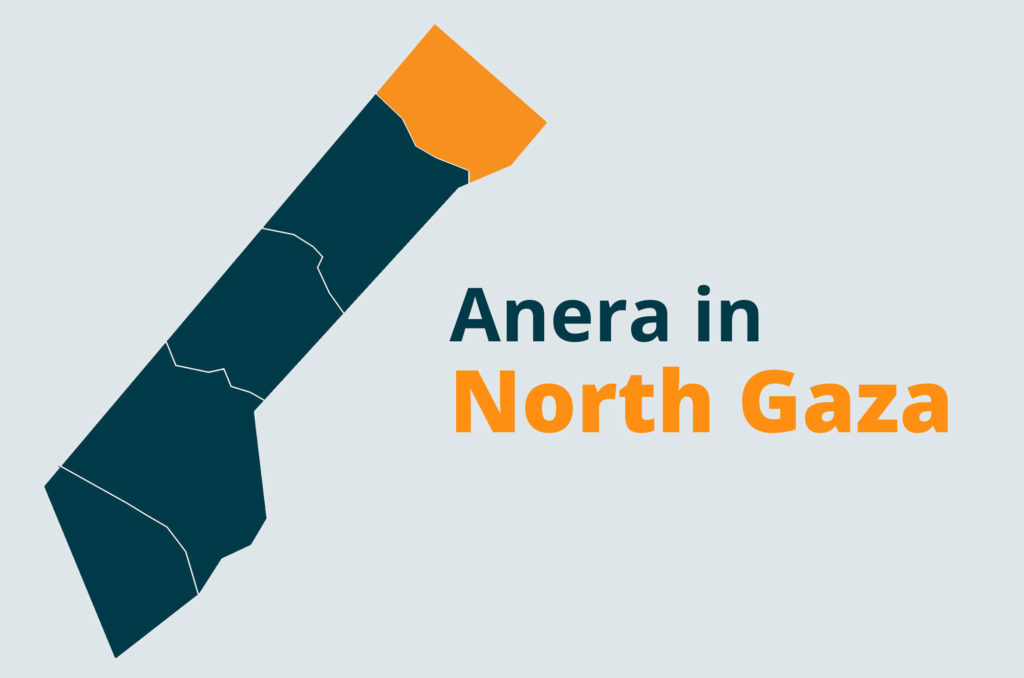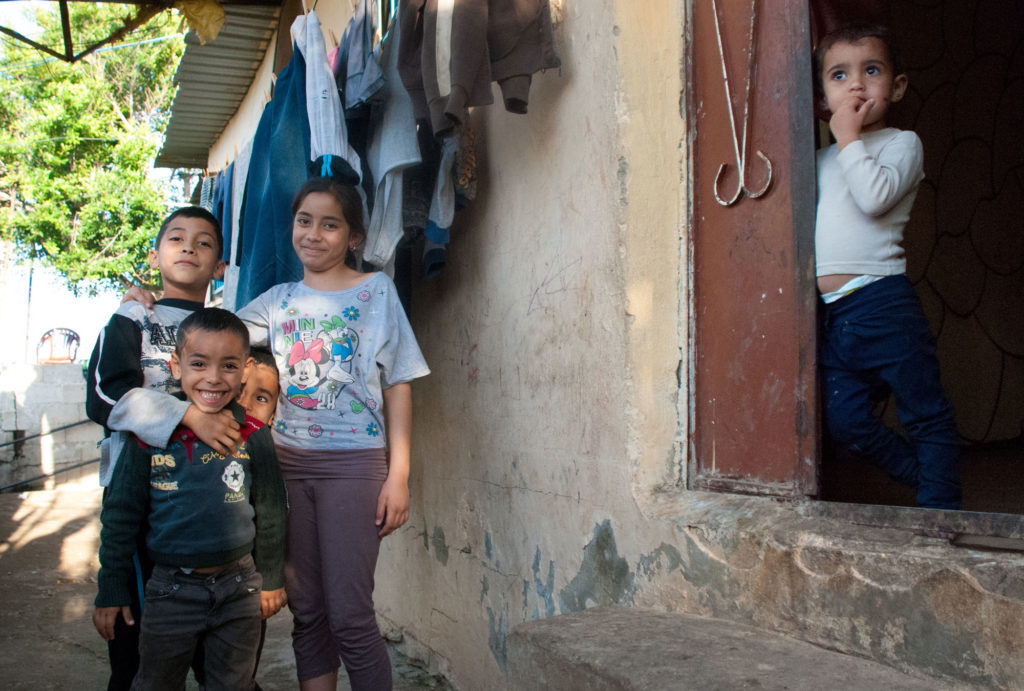Aug, 2022
A medical aid donation from Americares enables Anera to supply vital antibiotics to West Bank health centers
“Medical shortages are all too common in the West Bank,” laments Majid Jaradat, a physician with the Palestinian Red Crescent Society (PRCS) in Dura. “It makes it difficult to treat illnesses in an effective way, especially since the health ministry doesn’t have any antibiotics in stock.”
Jaradat says the only antibiotics available now in the West Bank have to be purchased in private pharmacies. The price of a course of antibiotics there is 60 shekels ($18US). “So many families cannot afford that and end up interrupting or stopping their treatment.”
He says the scarcity of medication sometimes leads patients to use whatever is available, although it may not be appropriate for their ailment. Coupled with the shortage of hygiene supplies, health workers worry now about the outbreak of antibiotic-resistant superbugs, which will further deteriorate health conditions in the West Bank.


"Many families cannot afford that and end up interrupting or stopping their treatment.”
The COVID-19 pandemic caused a shortage of antibiotic medications around the globe. Palestine was severely hit by COVID and many patients suffering mild COVID symptoms require respiratory antibiotic treatment. For many low paid workers, seeing a doctor is too expensive so they resort to buying antibiotics over the counter. This raises the risk of misuse of the medicine and an eventual spread of antibiotic resistance.
Thanks to a donation by Americares, Anera was able to distribute a substantial supply of clarithromycin antibiotic medication to the Hebron Charitable Medical Center and the Palestinian Red Crescent Society (PRCS) in Dura, Beni Na’em, and Halhoul. Clarithromycin is used to treat bacterial infections attacking the respiratory system and skin. When coupled with other medications it can also be used to treat stomach ulcers.
Anera’s supply of free medications has made it possible for low income families to visit affiliated free or low-cost health clinics and hospitals to receive appropriate and safe treatments. One grateful mother says the free treatment has saved her child. ”The quality of the medication was so astonishing that even his little brother noticed and demanded the same medicine so he could get well as quickly as his brother did.”
PCRS’ Jaradat says the recent financial crisis in the West Bank has affected the health ministry's ability to provide the necessary antibiotics. “The Palestinian Ministry of Health provided aid to our recipients in the past. The financial crisis and added stress of meeting the high demand for antibiotics to treat COVID hampered the ministry’s ability to provide the needed antibiotic treatments.”
Unfortunately, it’s the most vulnerable families who suffer most, explains a PCRS patient in Dura. “Our family's financial situation is bad. We struggle to meet our financial needs for necessities like food and rent. We can't afford to pay for medications as well. Healthcare is supposed to be a basic right not a privilege.”
Jaradat says Anera’s ability to replenish the stock of antibiotics has been a life-saver in many ways. ”We were able to use the money we had set aside to buy antibiotics to purchase meat for 500 vulnerable members of our Hebron community for eid. Families would not have been able to properly celebrate this religious holiday otherwise because of their dire financial circumstances.”
“With Anera’s help we were able to care for our community in so many ways,” says Jaradat. “For that, we are truly grateful.”





